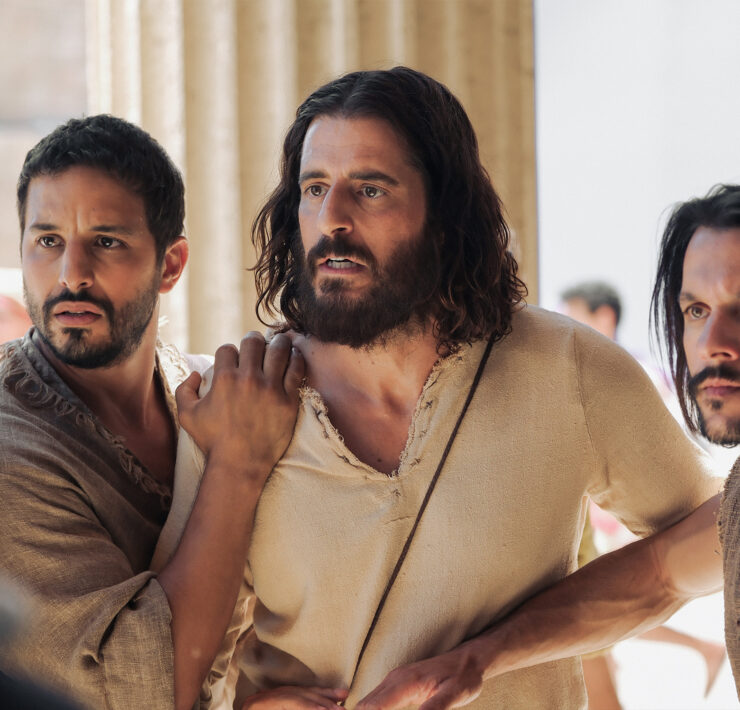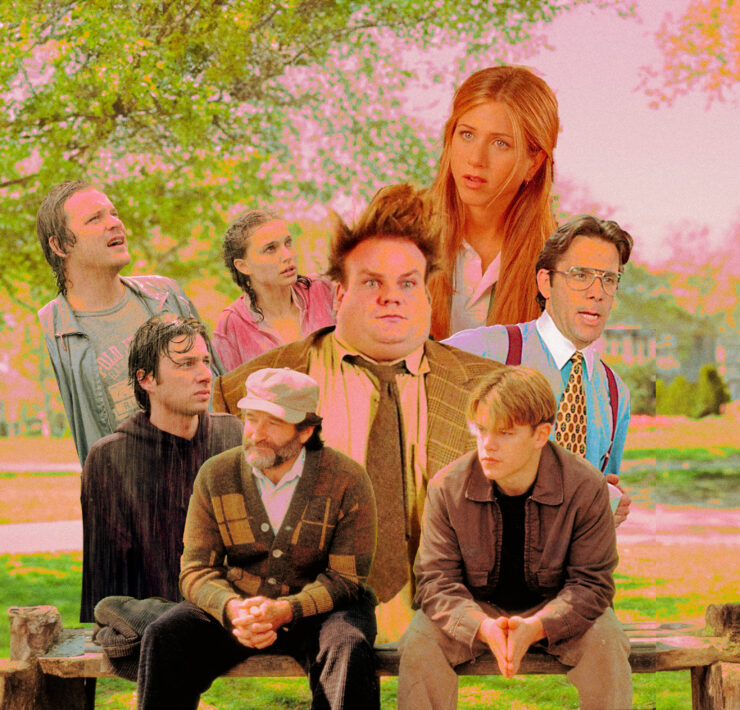
Netflix’s recent woes are well-documented. It’s bleeding subscribers and money, and there’s a sense that there’s just not as much good stuff on the streaming giant as there used to be. 150 employees were let go in a swash of cost-cutting measures while leadership is attempting to figure out a new path. And according to the Hollywood Reporter, that path means less quantity, more quality movies — and fewer of the big budget passion projects that made Netflix so attractive to auteur talent.
At the outset of its original content phase, Netflix proved to be a serious competitor by offering blank checks to established filmmakers to do whatever they wanted with minimal studio interference. Those days were likely over, as the THR piece refers to Martin Scorsese’s $175 million The Irishman as the sort of “vanity project” that wouldn’t get greenlit at Netflix anymore under the new rules. The fact that The Irishman was an excellent, well-reviewed and Oscar nominated picture apparently just isn’t enough for a company in need of clicks.
Instead, expect Netflix to start looking for more “event films” — like the Russo brothers upcoming spy thriller The Gray Man with Ryan Gosling and Chris Evans, or Rian Johnson’s hotly anticipated Knives Out sequel. The idea is to do a few movies that everyone will want to watch instead of a lot of movies that will capture various niche audiences.
It’s not hard to see why Netflix might be thinking this way, but it’s unfortunate that a filmmaker of Scorsese’s caliber has to get thrown under the bus. Especially when Scorsese himself predicted this era. In a very good 2021 essay for Harper’s, Scorsese wrote that when all films become little more than “content,” than “the art of cinema is being systematically devalued, sidelined, demeaned and reduced to its lowest common denominator.”
As recently as 15 years ago, the term ‘content’ was heard only when people were discussing the cinema on a serious level, and it was contrasted with and measured against ‘form. Then, gradually, it was used more and more by the people who took over media companies, most of whom knew nothing about the history of the art form, or even cared enough to think that they should. ‘Content’ became a business term for all moving images: a David Lean movie, a cat video, a Super Bowl commercial, a superhero sequel, a series episode. It was linked, of course, not to the theatrical experience but to home viewing, on the streaming platforms that have come to overtake the moviegoing experience, just as Amazon overtook physical stores.
“Those of us who know the cinema and its history have to share our love and our knowledge with as many people as possible,” Scorsese concluded. “And we have to make it crystal clear to the current legal owners of these films that they amount to much, much more than mere property to be exploited and then locked away. They are among the greatest treasures of our culture, and they must be treated accordingly.”






















